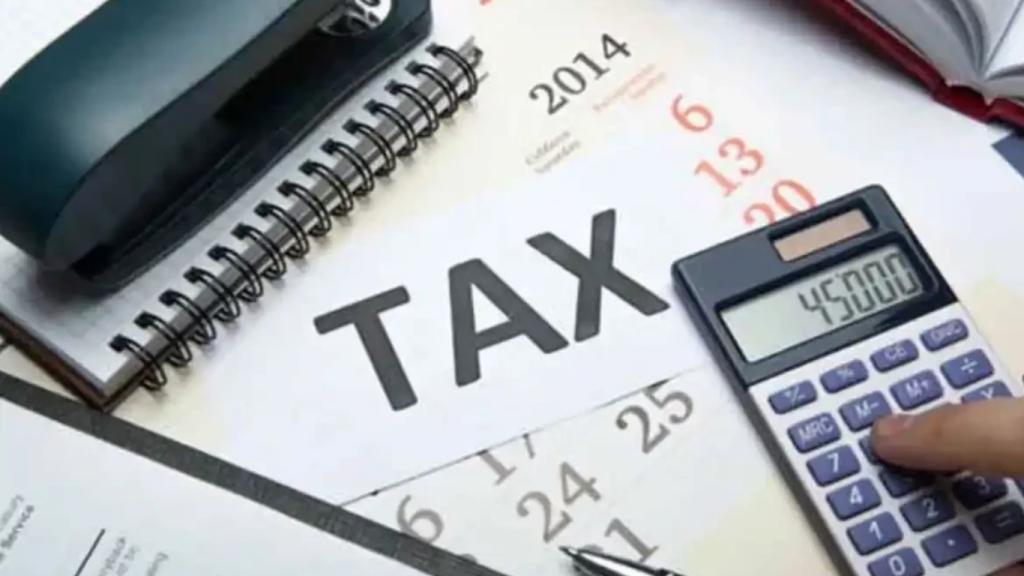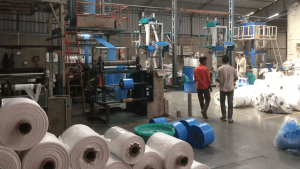
[ad_1]
ISLAMABAD: Pakistan’s salaried class is shouldering a disproportionate tax burden, contributing a staggering Rs111 billion in income tax during the first quarter of the current fiscal year 2024.
This amount is 1,550% more than the taxes paid by traders favored by the government. Compared to the same period last year, the salaried individuals paid nearly Rs40 billion, or 56%, more in taxes.
The government, under Prime Minister Shehbaz Sharif, increased the tax burden on salaried individuals in June, opting for higher taxes instead of cutting expenditures or expanding the tax base.
Federal and provincial government employees, who received a 20-25% salary increase, paid Rs28 billion in income tax, while private sector employees paid Rs83 billion. The average inflation rate in the last fiscal year was 23.4%, further straining the salaried class.
The tax contribution of salaried persons dwarfs that of traders, with the Federal Board of Revenue collecting only Rs 6.7 billion on goods supplied to traders. The government increased the withholding tax rate on traders’ supplies by 150% to 2.5%, but traders paid merely Rs1 million, 0.001% of the IMF’s target.
The government has also imposed a 10% surcharge on income tax for individuals earning Rs10 million annually. The FBR expects an additional Rs85 billion from the salaried class this fiscal year but has already collected Rs40 billion in three months.
Non-corporate salaried persons paid Rs50 billion, up 41%, while corporate sector employees paid Rs32.4 billion, up 56%.
The IMF’s $7 billion loan package aims to increase Personal Income Tax and Corporate Income Tax yield by Rs357 billion. However, this burden falls heavily on salaried individuals, with tax rates increased to 39% for salaried persons, 44% for associations, and 50% for non-salaried individuals.
This disproportionate tax burden on salaried individuals may lead to decreased consumer spending, reduced investment, and increased financial stress. Experts suggest broadening the tax base and reducing evasion to achieve a more equitable system.
[ad_2]
Source link





